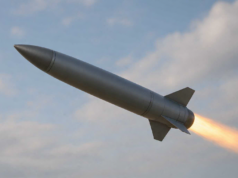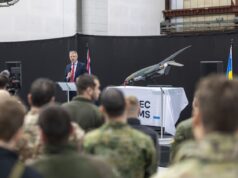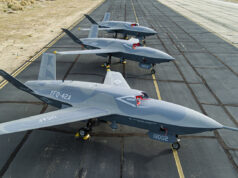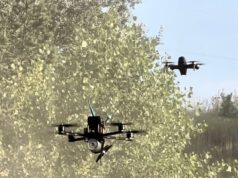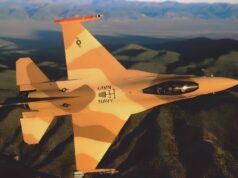QinetiQ US has been selected to support the U.S. Army in shaping specifications for the Future Advanced Long-range Common Optical/Netted-fires Sensor (FALCONS) system, a next-generation battlefield sensor intended to replace current scout and fires support platforms, according to the company.
The agreement was awarded through an Other Transaction Authority with the Consortium for Command, Control and Communications in Cyberspace (C5) on behalf of the Army’s Program Executive Office Intelligence, Electronic Warfare and Sensors (PEO IEW&S). The effort marks Phase 0 of the programme, focused on defining system specifications and requirements.
FALCONS is planned to succeed the Long-Range Advanced Scout Surveillance System (LRAS3) and the Fires Support Sensor System (FS3). QinetiQ US said the new system will integrate third-generation Forward-Looking Infrared (3GEN FLIR) with artificial intelligence, more than doubling current detection ranges while reducing operator workload.
Jonathan Riksen, executive vice president and general manager of QinetiQ US’ Solutions business, said: “This OTA enables QinetiQ US to leverage our next-generation sensor expertise from the ground up, shaping a program that will revolutionise Army target acquisition. Our deep understanding of soldier needs and proven capabilities in AI-enabled target recognition will be critical as we work with PM Ground Sensors to define a system that more than doubles current detection ranges while revolutionizing how warfighters acquire and engage targets.â€
According to QinetiQ, Phase 0 activities will include technology assessments, system modelling, and incorporating direct soldier feedback to ensure FALCONS meets both present operational needs and future requirements.
The company described the award as an extension of its longstanding partnership with the Army in developing and deploying advanced sensing and targeting solutions. It said lessons learned from earlier programmes will be applied to accelerate FALCONS development and ensure the system supports the Army’s needs into the 2030s and beyond.




